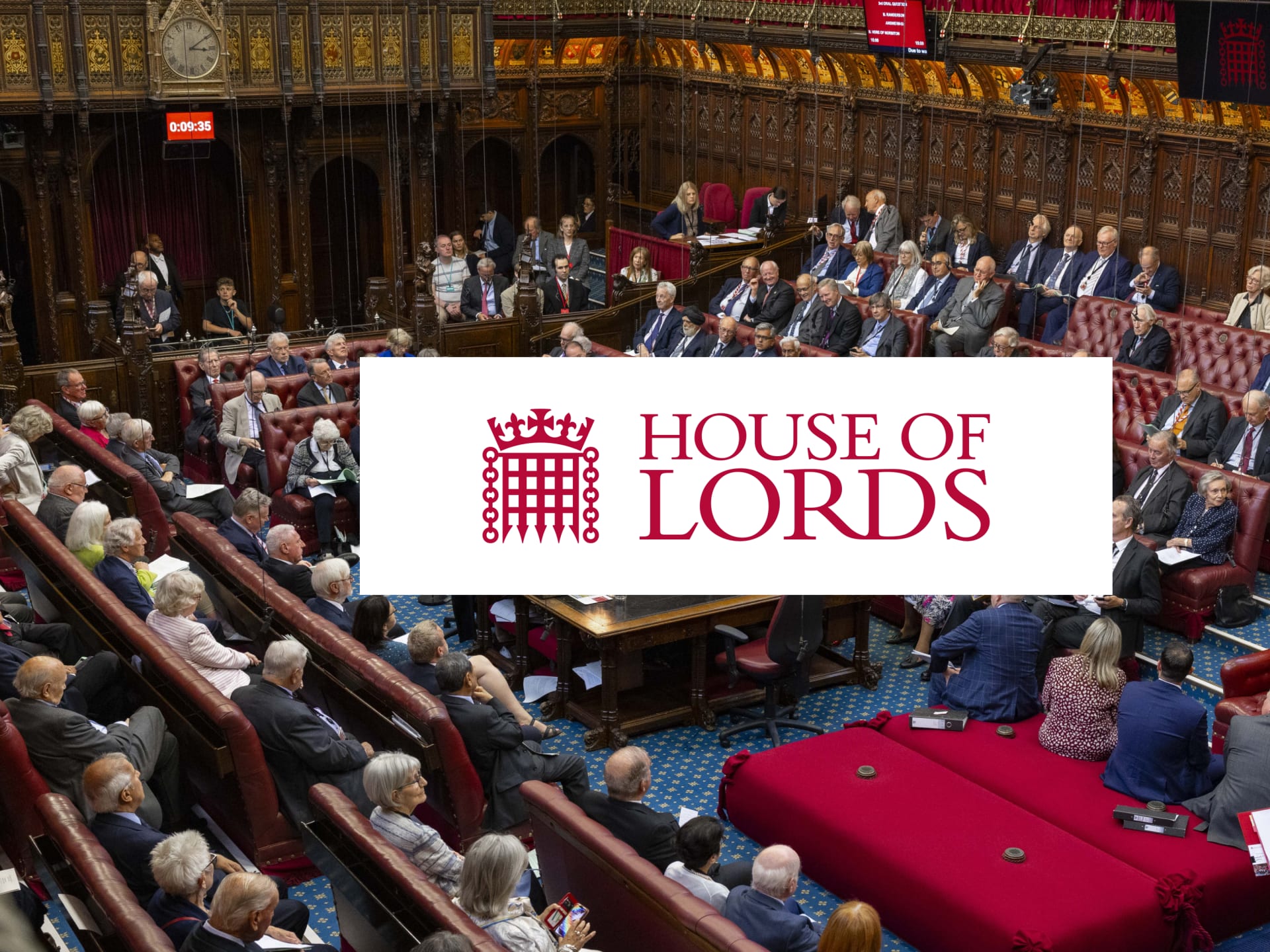
Mazur and the Unintended Consequences of Legislative Drafting
The Mazur judgment has created uncertainty for CILEX members, paralegals, and trainee solicitors, restricting supervised litigation work in ways Parliament never intended. This analysis explores the case's impact and calls for urgent reform to accommodate modern legal practice and technology.
The recent decision in Mazur & Stuart v Charles Russell Speechlys LLP has sent shockwaves through English legal practice. Its implications reach far beyond the parties involved. In the space of a few short weeks, law firms that handle high-volume litigation have had to reconfigure their workflows, ensuring that every step that constitutes the "conduct of litigation" is handled by a qualified solicitor.
For many in the wider legal profession, especially CILEX members and paralegals and trainee solicitors, this outcome has felt both unfair and unnecessary. I sympathise deeply with those caught up in the fallout. These are individuals who have been performing vital litigation work competently and conscientiously for years, and often with far greater practical experience than some qualified solicitors. Yet, under Mazur, they may suddenly find themselves unable to perform the very tasks they have long undertaken, and undertaken very well, and potentially at risk of professional sanctions if they accidentally do something that steps over the Mazur threshold.
To understand how we got here, it is worth going back to the purpose of the rules in question.
The mischief the regulation seeks to prevent
The Legal Services Act 2007 defines certain "reserved legal activities", including the "conduct of litigation". The mischief these provisions are intended to address is self-evident: protecting the public and the Courts from unregulated, unqualified individuals purporting to act as solicitors, and from conducting litigation. The law's objective is to ensure that those responsible for litigation are subject to regulatory oversight, professional standards and, crucially, accountability. It ensures that litigation is pursued properly, the Courts are not over-burdened by improper or inadequately constructed cases and the administration of justice is not prejudiced.
But Mazur goes further than this. It treats as impermissible not only independent unqualified litigants, but also unqualified staff working within a regulated firm, even where they are directly supervised by qualified solicitors. This is where the judgment begins to create real tension with both common sense and long-established professional practice.
The paradox of Mazur
In many firms, historically CILEX members, paralegals and trainee solicitors perform much of the day-to-day litigation work. They have drafted pleadings, liaised with the court, prepared bundles, and deal with clients, all under a solicitor's supervision. The solicitor retains overall responsibility and oversight. This model has worked effectively for many decades. Large parts of the volume work conducted by the solicitors' profession is founded on this model. It has delivered lower costs to clients and hence better access to justice.
Mazur now appears to say that such staff cannot themselves "conduct litigation", even under supervision, unless they personally hold the right to do so. This leads to an obvious absurdity. A highly experienced CILEX Fellow who has run hundreds of cases may now be prohibited from sending an item of correspondence or filing a document that a newly qualified solicitor could send with impunity. It fails to address the mischief that the regulations exist to prevent. The result is that the system may become less efficient, not more, and the risk of procedural error may increase as work is transferred artificially to those with less experience.
It is impossible to believe Parliament intended such an outcome.
The intention behind the Legal Services Act
The Legal Services Act 2007 was never designed to change this settled practice. For decades, the Courts, regulators and practitioners have all operated on the assumption that unqualified staff may carry out litigation tasks under supervision. Tens if not hundreds of thousands of cases have proceeded on this basis. The fact of supervision was obvious to anyone reading a costs schedule, or attending a hearing, yet no one thought it imperilled the proper administration of justice.
If the effect of the Act's drafting is to prohibit this, then we are looking not at a deliberate policy shift, but at an inadvertent legislative drafting error. Section 21(3), which provides that employees of authorised persons are not themselves guilty of an offence merely by doing acts supervised by their employer, appears to have been misinterpreted or, more precisely, not drafted to achieve what Parliament intended.
Supervision versus assistance/support?
Furthermore, unfortunately, Mr Justice Sheldon's judgment does not lend itself to any easy solution. To the contrary, it introduces a very different kind of uncertainty – it fails to draw a clear line between supervision and support/assistance. This lack of clarity is troubling. If conducting litigation without authorisation is a criminal offence, as the Act provides, then the law must be crystal clear as to what conduct falls on which side of the line. It should not be for law firms and regulators to have to work this out on a trial-and-error basis, case by case.
The ageing Legal Services Act
The Legal Services Act is now showing its age. Enacted in 2007, it belongs to a very different era of legal service delivery. This was before COVID accelerated electronic documentation, before online courts, before unbundled legal advice, and long before the rise of artificial intelligence in legal processes.
As the Act's wording has now produced consequences that Parliament never intended, that is not a sign that supervision has failed, but rather that the statutory framework requires reconsideration. The modern legal market is built on delegation, teamwork and technology. The boundaries of "conducting litigation" need to be defined with far greater precision to reflect that reality.
This is not simply an issue of professional regulation; it goes to the heart of access to justice. Overly rigid or unclear rules risk driving up the cost of litigation at precisely the time when the justice system most needs efficiency.
As the Master of the Rolls has frequently observed in recent speeches, greater automation within the justice system can and should lead to cost savings, improving access to justice for ordinary people. If the legal framework does not evolve to accommodate responsible automation and supervised delegation, those benefits may never materialise.
Garfield AI's position
Garfield AI is a regulated law firm that provides Garfield, a web-based, AI-powered software application that helps users recover their small debt claims of up to £10,000 through the English County Court.
We have been asked whether Mazur affects us. The answer is simple: it does not. The Garfield software application is not a person within the meaning of the Legal Services Act, and therefore cannot "conduct litigation" in the statutory sense. Moreover, every case that passes through Garfield's platform remains under the oversight of a qualified solicitor, who checks each document before it is sent.
In this way, Garfield combines the benefits of automation with the safeguards of professional supervision. Our technology ensures efficiency and consistency; and we ensure legality and quality. Together, this provides an affordable pathway to justice for people seeking to recover small debts, being a part of the market that traditional litigation models have long underserviced.
This benefit has not been lost on the profession. In recent weeks we have been approached by several volume firms that see Garfield's model as a way to preserve their business viability in light of Mazur. The logic is straightforward: automation, properly deployed within a regulated structure, keeps costs down and margins up, while maintaining compliance.
Conclusion: a call for clarity and reform
Mazur has exposed a fault line in our legal regulatory framework. In seeking to preserve the integrity of litigation, the law may inadvertently have undermined the very systems that allowed it to operate efficiently and safely.
The judgment has unfairly created uncertainty for CILEX professionals, trainees and firms alike. It has shown that the line between supervision and personal authorisation is not clearly drawn and that this lack of clarity carries criminal implications. The Legal Services Act was not meant to criminalise competent, supervised professionals working within authorised firms. Yet without legislative or regulatory reform, that may be the practical result.
The way forward is not recrimination but reform: a clear restatement of what "conducting litigation" means, an update of the statutory language to reflect modern practice, and an honest recognition that technology and supervision are not opposites but complements.
At Garfield, we believe that clarity in law, responsible use of technology, and the continued presence of qualified professionals together form the foundation of a fair and accessible justice system. Mazur should be the moment the profession recognises that balance must be restored not just for lawyers, but for the people who depend on them to vindicate their legal rights and obtain the redress to which they are entitled.
About the Author

Philip Young
Founder & CEO
In other news



